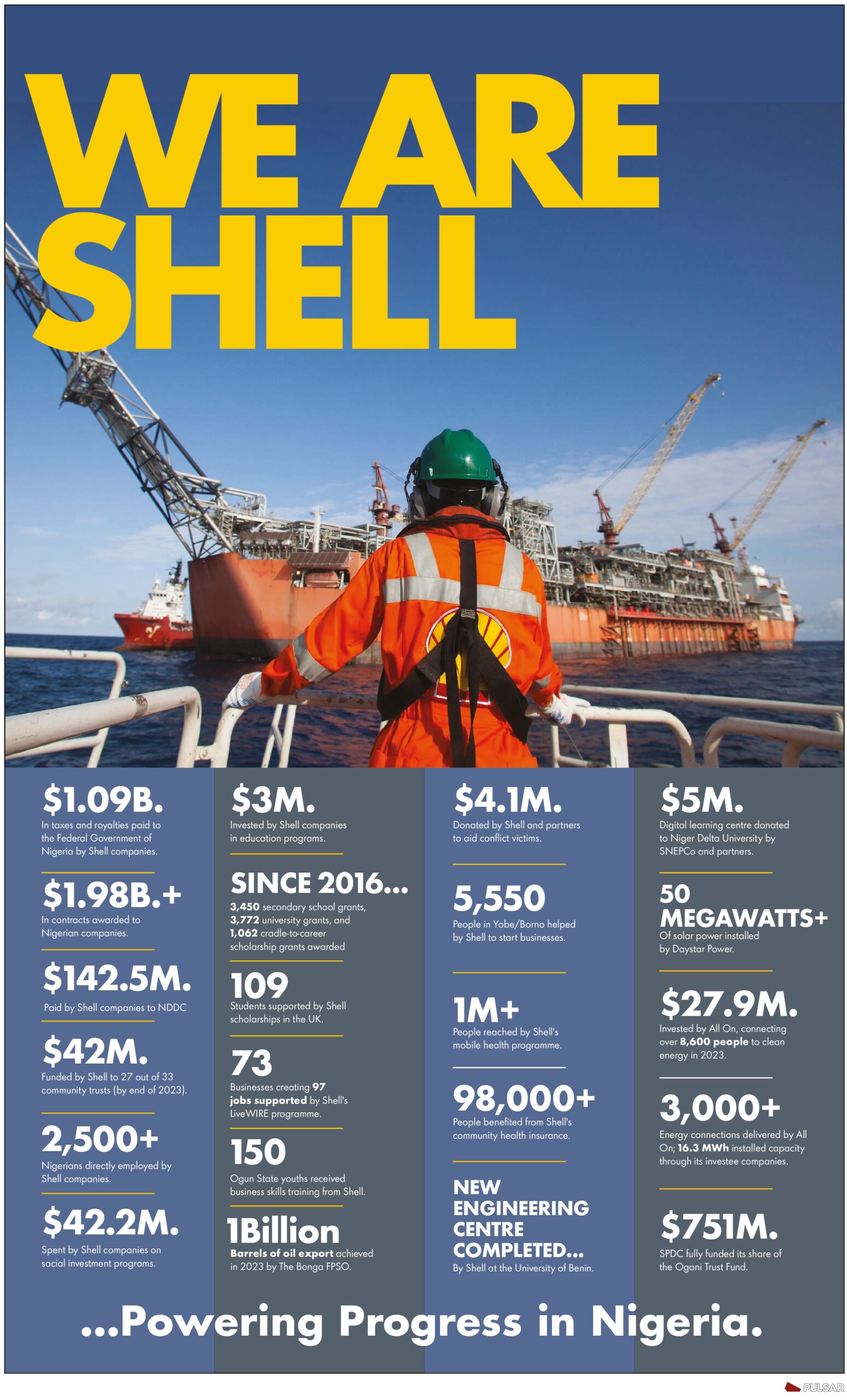… to reduce the cost of production
Hard hit by the escalating costs of energy sources for its industry, Dangote Cement Plc is now compelled to look inward in terms of finding alternative sources of energy to stem it cost of production.
The alternative sources of energy include palm kernel and rice husk which have been adopted as substitutes to gas and coal to power its plants.
Gbenga Fapohunda, Acting chief executive Officer of Dangote Cement, disclosed this on Friday while speaking on Arise Television.
Fapohunda revealed that the company has adopted a new strategy of cutting energy costs using biomass.
He said, “Alternative fuel is mainly biomass using palm kernel shell to power our plant instead of expensive coal. We are using rice husk to power our plant instead of using expensive diesel. So, we have invested heavily in this and we have gotten serious mileage.
“We call it thermal substitution. It has really helped and we have doubled our investment in it.”
According to him, the decision became expedient because the cost of powering the manufacturing concern is getting too high and it is eating into the profit of the company.
The acting ceo stated that spent N157 billion on fuel and power in the half year of 2023 as against the N129 billion spent in 2022.
“Power is a key part of our business, so, that is one factor that contributed to the increase in the cost of production.
The cost of coal actually increased as well significantly across our major markets.
“In our Nigerian market, by this time last year, we were buying local coal at about N13,000 -N14,000 per ton but now, we buy about N28,000 per ton. So, you see a form of hike.
He said:” Gas is another form of power that is actually key to the business, so, basically, we buy gas billed in dollars and we pay in naira.”
The depreciation of the naira as a result of the new Central Bank of Nigeria foreign exchange policy has worsened the situation because they pay more for gas which is priced in dollars, he said.
The cement company, he explained recorded a revenue of N950.8bn in the first six months of 2023 but production cost was N383.1bn up from N322.5bn recorded same period last year.
The cost of production along with other costs, he said led to a slight fall in its profit to N 239.86bn from N264.9bn in 2022 first half.
“So, the dollar was N465 now the dollar is N756, so we are now paying more naira for the dollars. For us as management, what is important to us is what we are doing about it. So, for us, we have invested heavily in what we call alternative fuel,” the CFO said.
Fapohunda revealed that the company has adopted a new strategy of cutting energy costs using biomass.

